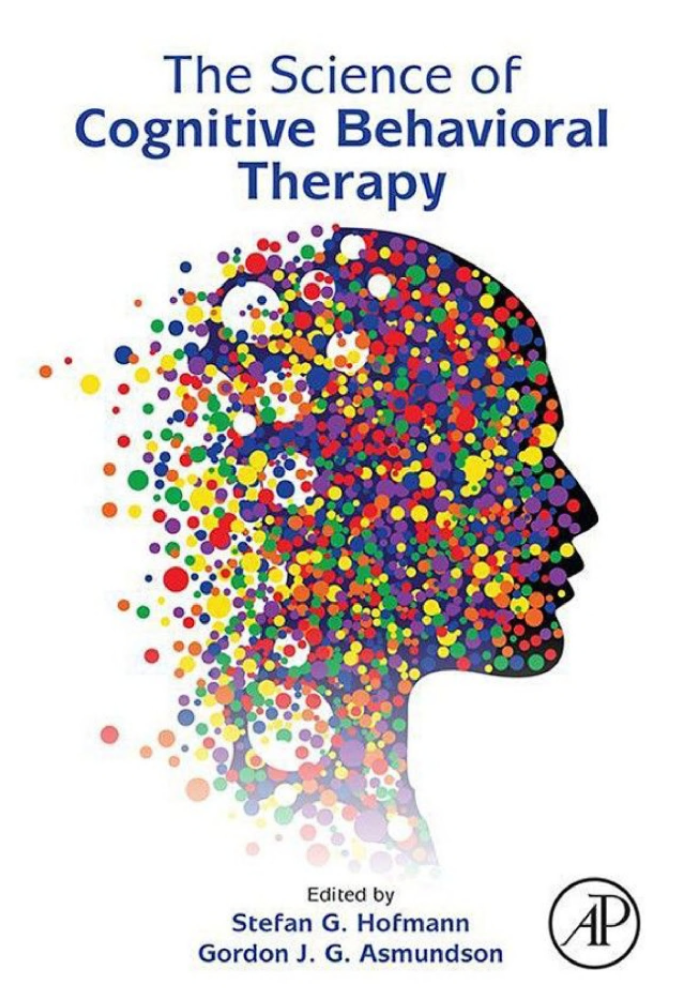The Science of Cognitive Behavioral Therapy is a new book edited by Stefan Hofmann and Gordon Asmundson.
The book describes, on 628 pages with 22 chapters, the scientific approach of CBT, reviews the efficacy and validity of the CBT model, and exemplifies important differences and commonalities of CBT approaches.
We wrote the 21st chapter entitled “Internet-Based Cognitive Behavior Therapy”. Here is the abstract:
Internet-based cognitive behavior therapy (ICBT) is an evidence-based form of CBT. Most programs include text, video, and audio files and are similar to face-to-face CBT in terms of content and duration of treatment. Most often ICBT includes some guidance from a therapist, although automated self-guided ICBT programs also exist. Studies suggest that guided ICBT can be as effective as face-to-face CBT for anxiety and mood disorders as well as for distress associated with certain somatic disorders. Transdiagnostic programs, either relying on presentation of common strategies for, or tailoring of treatment to, disorders have generated strong outcomes in controlled trials. Interventions for problems like procrastination also show promise. Studies on predictors and mediators of outcome are emerging, but there is a need to develop intervention-specific theories in order to better understand change mechanisms. In the future, blending of face-to-face CBT and modern information technology are expected to be more common and attractive to therapists.
Reference:
Andersson, G., Carlbring, P., & Hadjistavropoulos, H. D. (2017). Chapter 21 – Internet-Based Cognitive Behavior Therapy. In S. G. Hofmann & G. J. G. Asmundson (Ed.), The Science of Cognitive Behavioral Therapy (pp. 531-549). San Diego: Academic Press. doi:10.1016/B978-0-12-803457-6.00021-0
(eBook ISBN: 9780128034583, Hardcover ISBN: 9780128034576)
